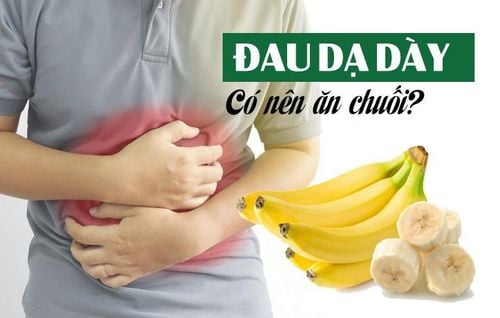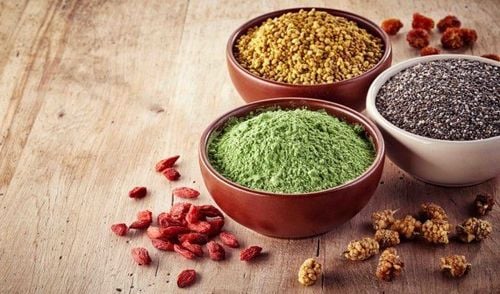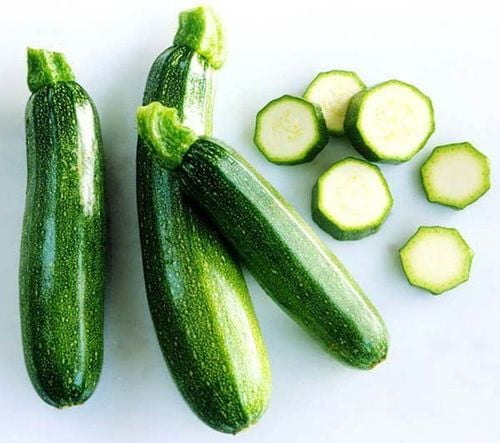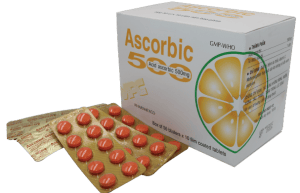This is an automatically translated article.
Besides delicious taste, pumpkin is also nutritious and offers many health benefits. Here are 9 remarkable health and nutrition benefits of pumpkin1. Pumpkin is rich in nutrients, specifically vitamin A
One cup of cooked pumpkin (245 grams) contains:Calories: 49 Fat: 0.2 grams Protein: 2 grams Carbohydrates: 12 grams Fiber: 3 grams Vitamin A: 245% Dietary Reference Vitamin C: 19% Dietary Reference Potassium: 16% Dietary Reference Copper: 11% Diet Reference Manganese: 11% Dietary Reference Vitamin B2: 11% Dietary Reference Vitamin E : 10% Reference Diet Iron: 8% Reference Diet Small amounts of magnesium, phosphorus, zinc, folate and a variety of B vitamins. Besides being packed with vitamins and minerals, pumpkin also contains Relatively low in calories, due to the fact that pumpkin is 94% water. Pumpkin is also high in beta-carotene, a type of carotenoid that the body synthesizes into vitamin A. What's more, pumpkin seeds are also edible, packed with nutrients, and offer many health benefits.
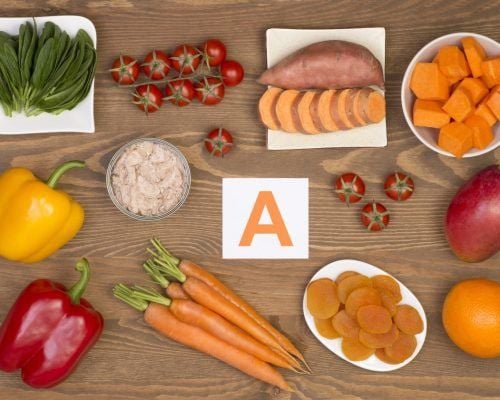
Bí ngô chứa rất nhiều vitamin A
2. Pumpkin contains many antioxidants, which help reduce the risk of chronic diseases
Free radicals are molecules produced by the body's metabolism. Although very unstable, they have useful roles, like killing harmful bacteria. However, too many free radicals in the body create a state called oxidative stress, which is linked to chronic diseases, including heart disease and cancer.Pumpkin contains antioxidants, such as alpha-carotene, beta-carotene and beta-cryptoxanthin. They can neutralize free radicals, preventing them from damaging cells. Test-tube and animal studies have shown that these antioxidants protect skin against sun damage and reduce the risk of cancer, eye diseases, and other conditions. However, more human-based studies are needed to make health recommendations.
3. Pumpkin contains vitamins that support the immune system
Pumpkin contains many nutrients that can boost the immune system. Pumpkin is high in beta-carotene, which the body converts to vitamin A. Studies show that vitamin A can boost the immune system and help fight infections. Conversely, people with vitamin A deficiency may have weaker immune systems. Pumpkin is also high in vitamin C, which has been shown to increase the production of white blood cells, which helps immune cells work more efficiently and heals wounds faster. In addition to the two vitamins mentioned above, pumpkin is also a good source of vitamin E, iron and folate - all of which have been shown to support the immune system.
Bí ngô chứa nhiều chất dinh dưỡng có thể tăng cường hệ thống miễn dịch
4. Vitamin A, Lutein and Zeaxanthin Can Protect Your Vision
Visual acuity decreases with age. Fortunately, eating the right nutrients can reduce the risk of vision loss. Pumpkin contains abundant nutrients that are able to support eyesight as the body ages. For example, the beta-carotene content provides the body with the necessary amount of vitamin A. Research shows that vitamin A deficiency is a very common cause of blindness. In an analysis of 22 studies, scientists found that people with higher beta-carotene intake had a lower risk of cataracts, a common cause of blindness. Pumpkin is also one of the best sources of lutein and zeaxanthin, two compounds that have the potential to reduce the risk of age-related macular degeneration (AMD) and cataracts. In addition, pumpkin is rich in vitamins C and E, which function as antioxidants and can prevent free radicals from damaging eye cells.5. Low calorie and nutrient density can aid in weight loss
Pumpkin is considered a nutritious food. They are very low in calories despite being packed with nutrients. In fact, each cup of pumpkin contains about 50 calories, and is 94% water. Pumpkin is a very good food for people to lose weight, because when you eat pumpkin you can eat more than other carbohydrate sources such as rice and potatoes, but still load fewer calories. Pumpkin is also high in fiber, which suppresses appetite.6. Pumpkin contains many antioxidants, which help reduce the risk of cancer
Cancer is a serious disease in which cells grow abnormally. Cancer cells produce free radicals to help them multiply rapidly. Pumpkin is high in carotenoids, which are compounds that can act as antioxidants. This allows them to neutralize free radicals, which may protect against some cancers. For example, an analysis of 13 studies found that people with higher levels of alpha-carotene and beta-carotene had a significantly lower risk of stomach cancer. Similarly, many other human studies have found that people with higher levels of carotenoids have a lower risk of pharyngitis, pancreas, breast, and other cancers. However, scientists aren't sure whether carotenoids themselves or other factors -- like the lifestyle habits of people with diets rich in carotenoids -- help reduce these risks.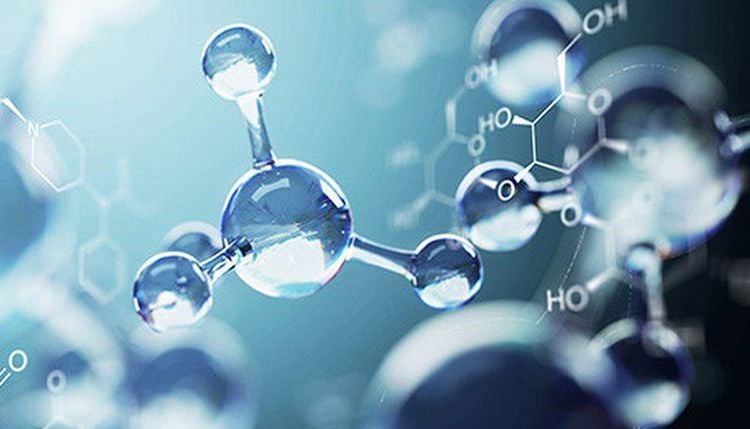
Bí ngô chứa nhiều chất chống oxy hoá
7. Potassium, vitamin C and heart-healthy fiber
Pumpkin is packed with nutrients that can improve your heart health. It's high in potassium, vitamin C, and fiber, which have been linked to heart health. For instance, studies have shown that people with higher potassium intake seem to have lower blood pressure and a reduced risk of stroke - two risk factors for heart disease. Pumpkin is also high in antioxidants, which can protect bad LDL cholesterol from oxidizing. When LDL cholesterol particles are oxidized, they can clot along the walls of blood vessels, blocking blood flow and increasing the risk of cardiovascular disease.8. Pumpkin contains compounds that make skin healthier
Pumpkin is high in carotenoids like beta-carotene, which the body converts to vitamin A. In fact, one cup (245 grams) of cooked pumpkin contains 245% of the Reference Diet for vitamin A. Studies show found that carotenoids such as beta-carotene can act as a natural sunscreen. Once eaten, carotenoids are transported to various organs including your skin. Here, they help protect skin cells against damage from harmful UV rays. Pumpkin is also high in vitamin C, which is essential for healthy skin. Your body needs this vitamin to make collagen, a protein that keeps your skin healthy. Furthermore, pumpkin contains lutein, zeaxanthin, vitamin E, and many other antioxidants that have been shown to help increase your skin's defenses against UV rays.9. Pumpkin is incredibly versatile and easy to add to your diet
Pumpkin is delicious, versatile and easy to add to your diet. Its sweet flavor makes it a popular part of dishes like custards, pies, and pancakes. However, pumpkin is also delicious in savory dishes like grilled vegetables, soups, and pastas. Pumpkin seeds are also edible and contain nutrients that provide many other benefits. For example, pumpkin seeds may improve bladder and heart health. The easiest way to eat pumpkin is to season with salt and pepper and bake in the oven. Many people also like to make it into pumpkin soup, especially during the winter.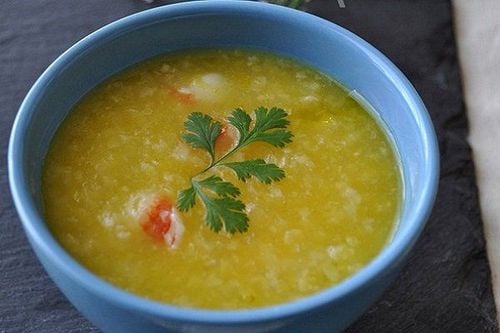
Bí ngô rất linh hoạt trong việc chế biến
10.Who should not eat pumpkin?
Pumpkin is very healthy and is considered safe for most people. However, some people may develop an allergic reaction after eating pumpkin. It is also considered a mild diuretic, which means that eating a lot of pumpkin can cause a reaction similar to that of a diuretic, increasing the amount of water and salt your body excretes in your urine. This effect can be harmful for people taking certain medicines such as lithium. Diuretics can impair your body's ability to remove lithium, causing serious side effects. Although pumpkin is healthy, many pumpkin-based snacks — like lattés, candies and fillings — are loaded with added sugar. These foods do not provide the same health benefits as consuming real pumpkin.Please dial HOTLINE for more information or register for an appointment HERE. Download MyVinmec app to make appointments faster and to manage your bookings easily.
Reference source: healthline.com



